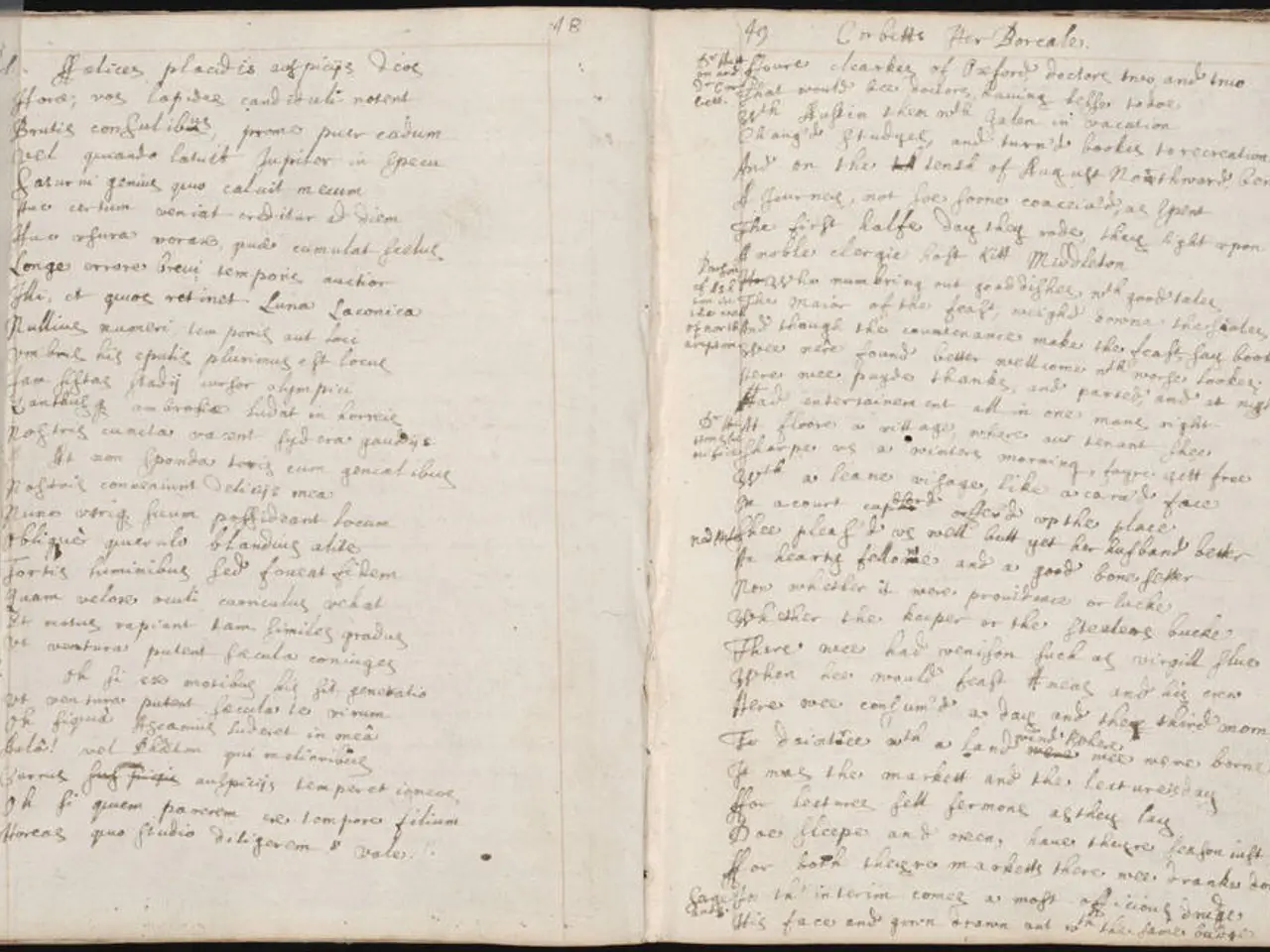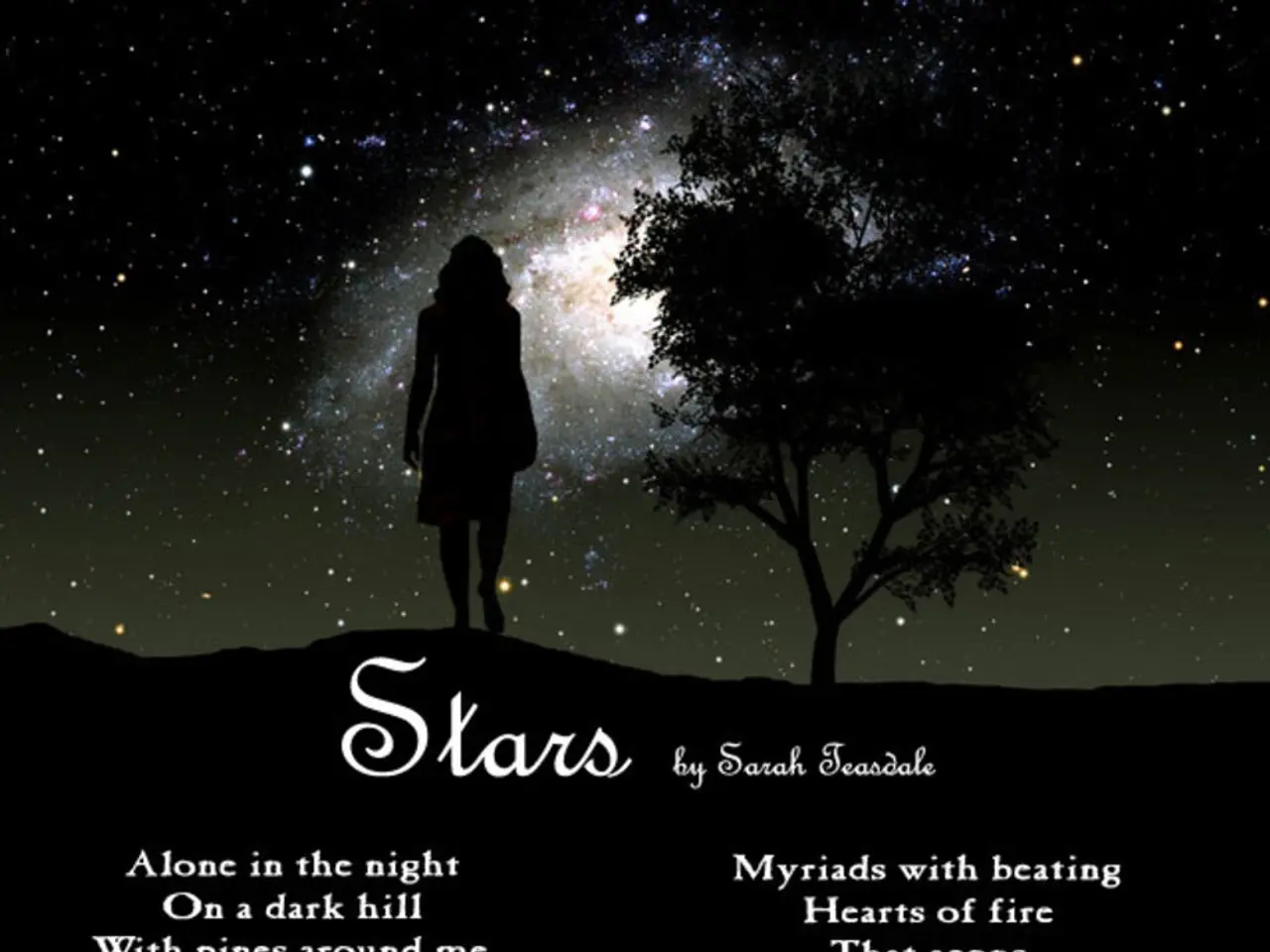Exposing the Realities of Gaza-Israel Conflict Demands More Than just Accademic Liberties
In recent years, there has been growing concern over the state of academic freedom and freedom of expression in Israel, particularly among scholars critical of the Israeli government's policies, especially regarding Palestine.
Ultranationalist organizations such as Im Tirzu and Israel Academia Monitor have been reported to surveil faculty members who are critical of Israel, and students at Israeli universities are recorded and monitored for their criticisms as well. Recent examples of attacks on Israeli scholars and educators who criticize the state include increased repression of academic freedom and political expression on Israeli campuses.
These attacks often take the form of institutional pressures, limitations on speech, and a chilling climate for those speaking critically about Israeli policies. Hage, a leading expert on race and migration, was fired from the Max Planck Institute for Social Anthropology for criticizing Israel's war on Gaza. Similarly, anthropologist Regev Nathansohn was attacked by students, condemned by his college, and put on unpaid leave for characterizing the war on Gaza as "plausible genocide."
Palestinian feminist scholar Nadera Shalhoub-Kevorkian was suspended from Hebrew University in Jerusalem for claiming Israel was committing genocide in Gaza and calling for the abolishment of Zionism. The Israeli legislature is also considering a bill requiring the Council for Higher Education to fire professors who show "support for terrorism," a term often interpreted to include criticisms of the state.
Academic associations and related organizations have responded with concern. Debates have arisen around definitions of antisemitism in academic settings, such as the controversy over the adoption of the IHRA (International Holocaust Remembrance Alliance) antisemitism definition by universities, which critics argue can suppress legitimate criticism of Israeli policies. Some academic groups and alliances advocate instead for alternative definitions, like the Jerusalem Declaration, that aim to protect both Jewish safety and the human rights of Palestinians, promoting solidarity rather than division.
University administrators and politicians have been criticized for wrongly conflating antisemitism and anti-Zionism. The American Civil Liberties Union, for instance, defends both the Black Lives Matter Movement and the Ku Klux Klan, demonstrating that a commitment to protecting free speech is politically and ethically neutral.
While universities attempt to navigate these sensitive issues, many scholars report feeling vulnerable and censored. Academic bodies and advocacy groups have called for moral clarity from university administrations to both condemn antisemitic violence and protect freedom of speech for those criticizing the state of Israel, emphasizing the need for a balanced approach to ensure safety and academic freedom.
In the midst of these controversies, scholars like Dr. Erica Weiss, an Associate Professor of Anthropology at Tel Aviv University, are working to promote coexistence between Israelis and Palestinians. Dr. Weiss leads a research project called Praxis of Coexistence, investigating coexistence between Israelis and Palestinians in six countries. Hage's work, which focuses on understanding how communities learn to coexist with others who are different, resonates with empirical data gathered in various parts of the world.
In some places, people from varied religious and ethnic backgrounds live intimately, seeking to deal with conflicts directly and avoid involving the police or the state. These examples of peaceful coexistence highlight modes of living together with difference that actually work and offer hope for a more harmonious future in Israel/Palestine.
Human rights experts and activists have named the situation in Palestine "scholasticide" or "educide," referring to the systematic destruction of the educational system. It is crucial that universities and research institutions commit to building and maintaining spaces for discussion and encounter, which welcome plurality and contradiction, to help foster a more inclusive and peaceful society.
- The current political climate in Israeli universities is causing concern among scholars and academia, as expressions of criticism towards the Israeli government, particularly concerning Palestine, are met with institutional pressures, limitations on speech, and a chilling climate.
- The destruction of the educational system in Palestine, referred to as 'scholasticide' or 'educide', underscores the importance of building and maintaining spaces for discussion and encounter in universities and research institutions that welcome plurality and contradiction, promoting a more inclusive and peaceful society.




